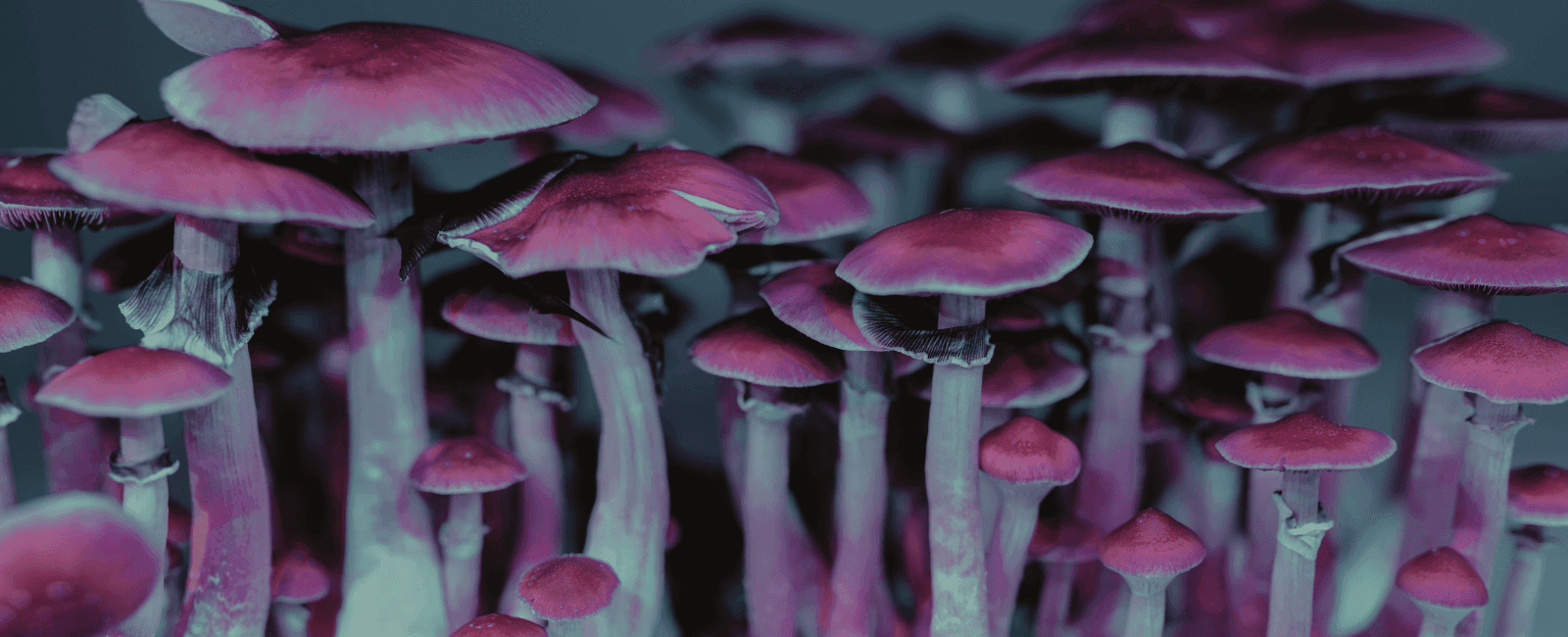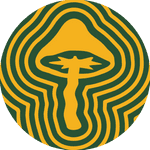

A recent study released by researchers from the Johns Hopkins Center for Psychedelic and Consciousness Research has found that psilocybin use can lead to lasting mental health improvements and better general well-being. To date, the study is the largest prospective survey of naturalistic psilocybin use, and its results support the potential of psilocybin for treating mental health conditions.
Study background
The study involved adults aged 18 and older who planned on using psilocybin outside of a clinical setting. Participants were required to complete six online surveys during various timeframes: 2 weeks before, 1 day before, 1 to 3 days after, 2 to 4 weeks after, and 2 to 3 months after their psilocybin experience. Some surveys included additional questions about the effects of psilocybin on topics like sleep, worldview, sexual satisfaction, shame, and traumatic brain injury symptoms. This additional information will be reported in separate analyses.
The majority of the participants were Caucasian, male, and had previous experience using psychedelics. On average, the participants had used psilocybin around 16 to 17 times before the survey. The average age of participants was around 40 years old, and over half held a bachelor’s degree.
The participants reported various motivations behind taking psilocybin, including self-exploration, mental health, therapy, recreation, productivity, and physical health. Around 74% of them set a specified intention for the experience.
The most common form of psilocybin was dried mushrooms with a mean dose of 3.5 grams (1).
Results of study
The study’s results showed that psilocybin was associated with reduced depression, burnout, and anxiety, along with improved spiritual well-being and cognitive flexibility. These changes remained up to two months after the experience. Approximately 22% of the participants reported having a “complete mystical experience” while taking psilocybin. This experience was associated with improved mental health, spiritual well-being, and cognitive flexibility. However, this correlation was not seen in other longitudinal measures.
Similar to previous studies, very few participants experienced adverse reactions or long-lasting problems after using psilocybin. The most common behavioral changes that were noted by around half of the participants were improved relationships.
Because the study was not conducted in a clinical setting, it had a few limitations.
Due to the data being collected anonymously online, researchers can’t verify the accuracy of the patient’s responses or prevent response bias. Furthermore, it is difficult to generalize the findings to the wider population due to participant self-selection and homogeneity of the college-educated and disproportionately White sample, which provided minimal data on underrepresented racial and ethnic minorities. This is in line with other research on psychedelics, which has often focused on White males. Nonetheless, the researchers of the study found that the participant’s race did not seem to significantly impact the measured outcomes. Still, they plan to analyze the data more closely to learn how psilocybin affects non-White individuals in the future.
Despite the mentioned limitations, the study’s findings are highly consistent with the growing body of clinical trials and epidemiological data on psilocybin. The results indicate a broad, long-term therapeutic potential of the substance for treating mental health symptoms from anxiety, substance abuse, and depression. The symptom-reliving benefits are associated with the subjective drug effects of psilocybin. Additionally, the study found that even in non-clinical settings, individuals who used psilocybin for mental health concerns saw improvements similar to controlled clinical trials.
The importance of naturalistic psilocybin studies
As psilocybin treatments gain popularity for their potential to treat mental health symptoms, studies such as this one are beneficial to our understanding of the substance’s efficacy in nonclinical settings. Though clinical trials tend to be more scientifically respected due to their controlled nature, they often lack the everyday life situations that can drastically change how psilocybin affects individuals. Naturalistic psilocybin studies can advance our knowledge of the substance’s risks and benefits, giving researchers insights into how psilocybin works when used outside of controlled clinical environments. This allows researchers to understand the varying motivations, settings, and experiences associated with its use. Moreover, naturalistic studies such as this one can work in conjunction with controlled clinical trials by providing researchers with real-world context for their findings. Understanding how psilocybin functions in at-home treatments is yet another important avenue for comprehending the full therapeutic potential of the substance.
References
- Nayak, Sandeep, Hillary Jackson, Nathan D Sepeda, David S Mathai, Sara So, Abigail Yaffe, Hadi L Zaki, et al. 2023. “Naturalistic Psilocybin Use Is Associated with Persisting Improvements in Mental Health and Wellbeing: Results from a Prospective, Longitudinal Survey.” Frontiers in Psychiatry 14 (September). https://doi.org/10.3389/fpsyt.2023.1199642.


